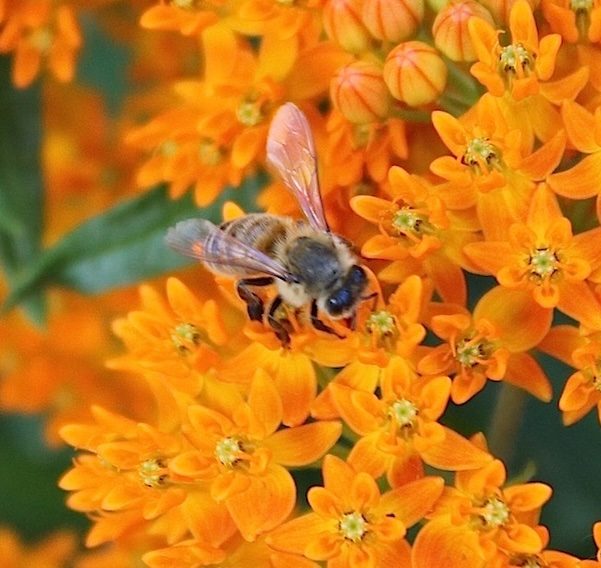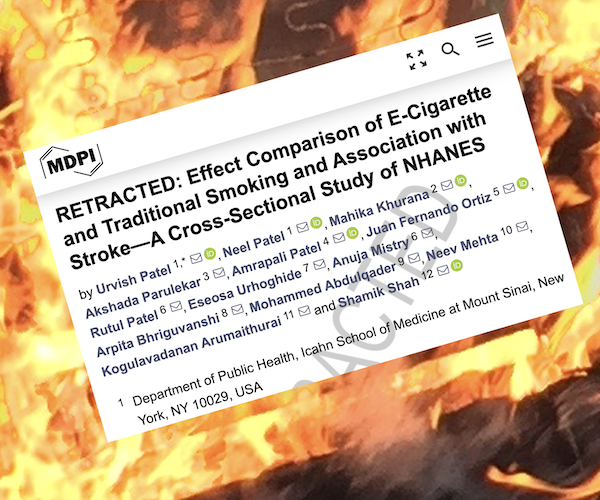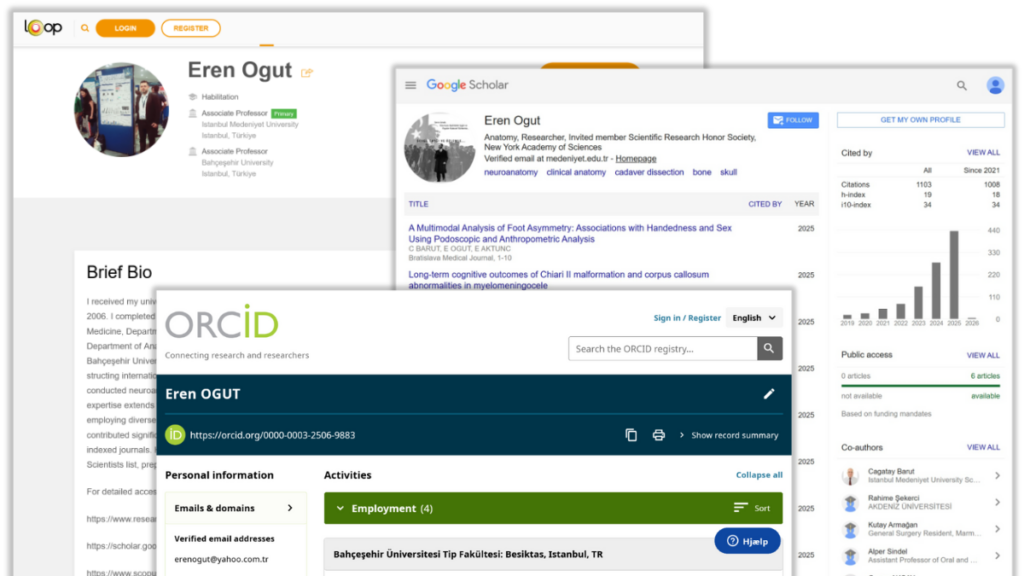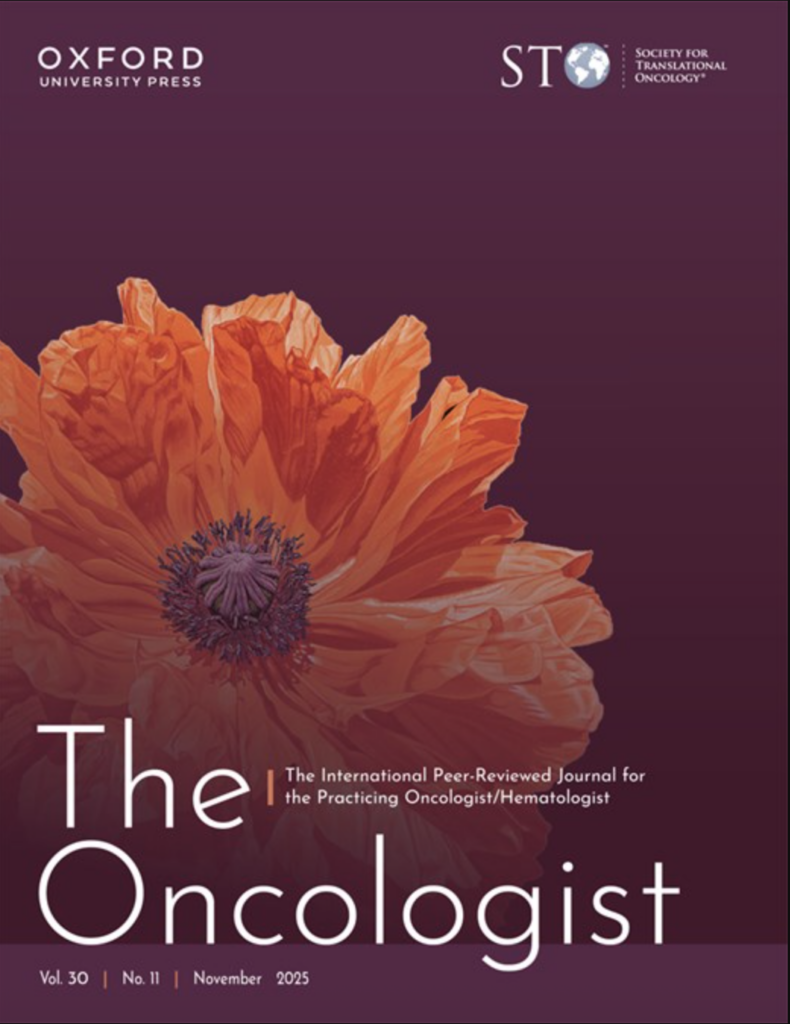
Science has issued a permanent expression of concern for a paper reporting a meta-analysis of a database including studies critics have said were “experimentally manipulated.”
The notice, published today, applies to a 2020 meta-analysis measuring population patterns of freshwater and terrestrial insects and predicting what might drive changes in population numbers. According to the notice, the move comes after critics raised concerns about a database, called InsectChange, on which the meta-analysis was based. The database itself was published in 2021 in Ecology, a journal of the Ecological Society of America.
The Science article has been cited 820 times, according to Clarivate’s Web of Science. The Ecology paper has been cited 23 times.
Continue reading ‘Kicking the can down the road’: Science flags insect meta-analysis based on allegedly buggy database







